Skills
Explore the skills and capabilities of this skillset.
Configuration
Customize the skillset to fit your needs.
MCP Server
Connect to MCP Server
GRAPHLIT_ORGANIZATION_ID
GRAPHLIT_ENVIRONMENT_ID
GRAPHLIT_JWT_SECRET
Graphlit
X/Twitter 助手
X/Twitter 助手是一款 AI 驱动的推特助手和推文助手,帮助内容创作者将 AI 产品体验转化为病毒式推文。具备自动润色、智能研究与一键发布功能,是你的 X/营销助手利器,让推文更高互动、更易触达受众。
Github issues 助手
Github Issues 助手是一个 AI 智能体,用于简化 GitHub issues的管理。它可以直接在存储库中简化创建、跟踪和优先处理错误、任务或功能请求的过程。非常适合团队使用,确保一致的格式,自动化重复步骤,并与开发管道集成。
Graphlit

品类规划
品类规划是在特定时间段内选择要销售的产品组合,并决定如何在不同地点或销售渠道之间分配这些产品,以实现利润最大化的过程。本模板包含“商品”和“供应商”两个数据表,你可以在此基础上进行扩展和调整,以满足具体业务需求。
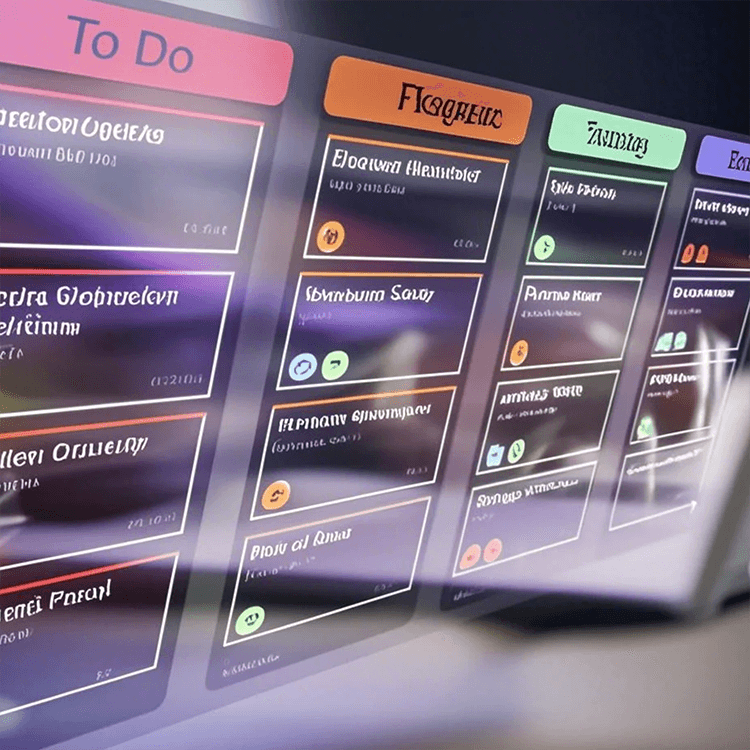
Scrum Sprint Task Management Automation
Streamline your Scrum sprints with this powerful automation template. Effortlessly track progress, manage sprint tasks, assign tasks, resolve issues, and send automated notifications. Keep your team aligned with real-time project updates, workflow tracking, and a comprehensive sprint dashboard for timely delivery of sprint goals.
AI自动发布带图片的 X 推文
您可以使用该模板,实现 AI 自动发布 X(Twitter) 推文,读取数据表中准备好的推文资料,自动发布推文,帮助您提高社交媒体的曝光度,增加粉丝互动。

自动发送工资单
通过Bika.ai的自动发薪系统和工资单生成器,企业可实现工资单自动生成与批量发送,每月AI自动生成发薪报告与人工成本分析,高效精准提升HR和财务管理效率。
Visual inspiration tracking with web clipper
Capture and organize creative inspiration with the Visual Inspiration Tracking with Web Clipper template. Store and categorize visual assets, logo collections, idea library entries, and web screenshots with easy tagging using asset tags. Perfect for designers, artists, and creative teams, this customizable tool lets you add fields, tag assets, and maintain organized asset records. Enhance your visual workflow and ensure every piece of inspiration is preserved and ready for your next project.

客户售后服务管理
客户售后服务管理:自动分配工单和超时提醒,可快速响应客户需求,让您的企业更专业、高效地管理客户服务,提升客户体验。此模板可用于零售和电子商务、小区物业维修,家电安装维修,家政服务等工单分配和跟踪场景。

Interview Questions
Streamline your hiring process with Bika.ai’s Interview Questions template. Create and manage interview forms, checklists, and tables while automating reminders and task assignments. Evaluate candidates’ management style, cultural fit, and key weaknesses efficiently. With a centralized recruitment dashboard, monitor candidate selection, track interview feedback, and optimize your recruitment strategy. Ideal for HR leaders, recruiters, and hiring teams seeking a smart, automated way to improve hiring efficiency and ensure precise talent screening.

新YouTube视频的自动邮件同步
通过电子邮件自动通知订阅者有关新YouTube视频的发布,增强观众保留率。
Graphlit
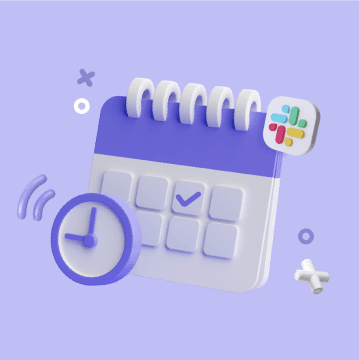

AI营销活动分析
该模板旨在协助营销团队高效整合数据,智能分析关键指标,并自动生成报告,从而显著提升决策效率。借助 AI 自动化功能,团队不仅能够轻松生成和分发报告,还能实现更流畅的协作与更精准的绩效监控。
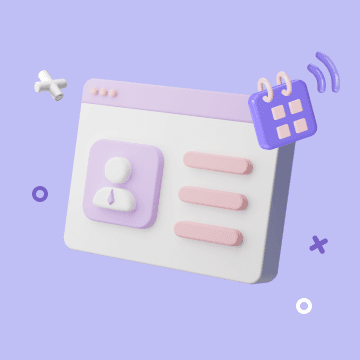
B2B AI 客户管理
AI自动化管理客户,提示您或您的销售团队每周填写拜访记录,适合企业组织的B2B销售团队。
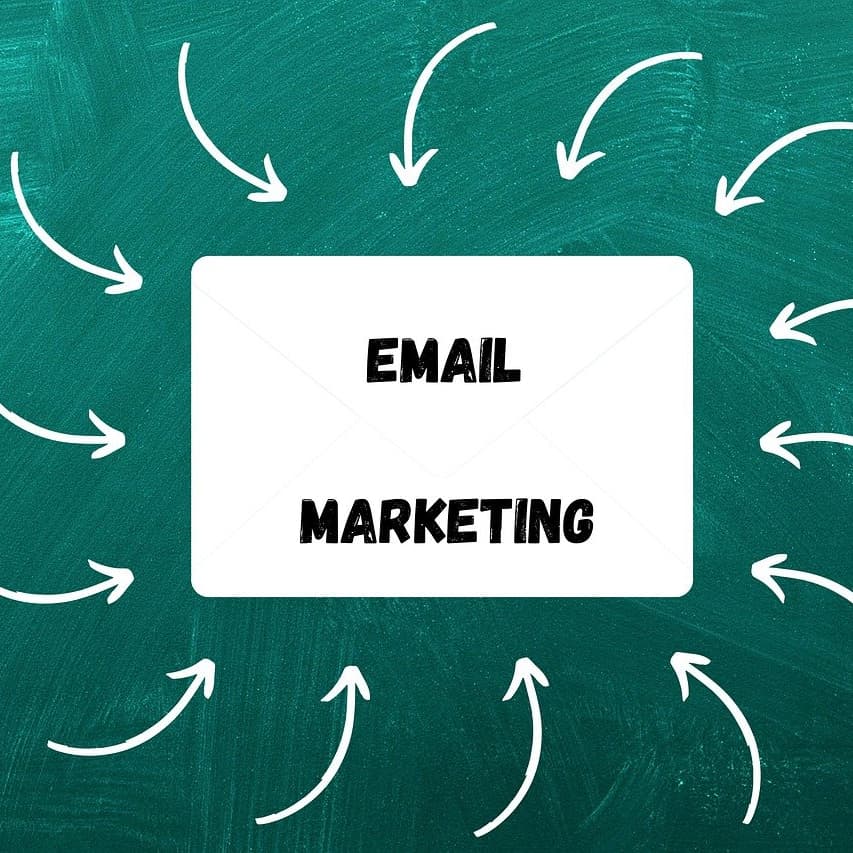
14-Day Automated Cold-Email Outreach Campaign
Launch a 14-day automated cold outreach campaign with this done-for-you email outreach template. Run a fully automated email sequence and drip email sequence for outbound email campaigns and outbound sales emails, complete with automated follow ups and lead nurturing emails. Use a clear email campaign workflow to manage automated email outreach, track engagement, and scale cold outreach to influencers, partners, and prospects—without manual follow-ups.

Instructional Design Management
Streamline your employee training programs with Bika.ai’s Instructional Design Management template. Manage training modules, track development progress, and organize courses efficiently. Enhance project collaboration, monitor training workflows via a centralized dashboard, and collect stakeholder feedback automatically. Ideal for training managers, learning teams, and L&D professionals, this template ensures smooth course management, effective learning module tracking, and improved training outcomes.
费用追踪
轻松管理个人消费,清晰记录每一笔支出,明确消费细节,简化日常与家庭费用管理,全面掌控财务状况.
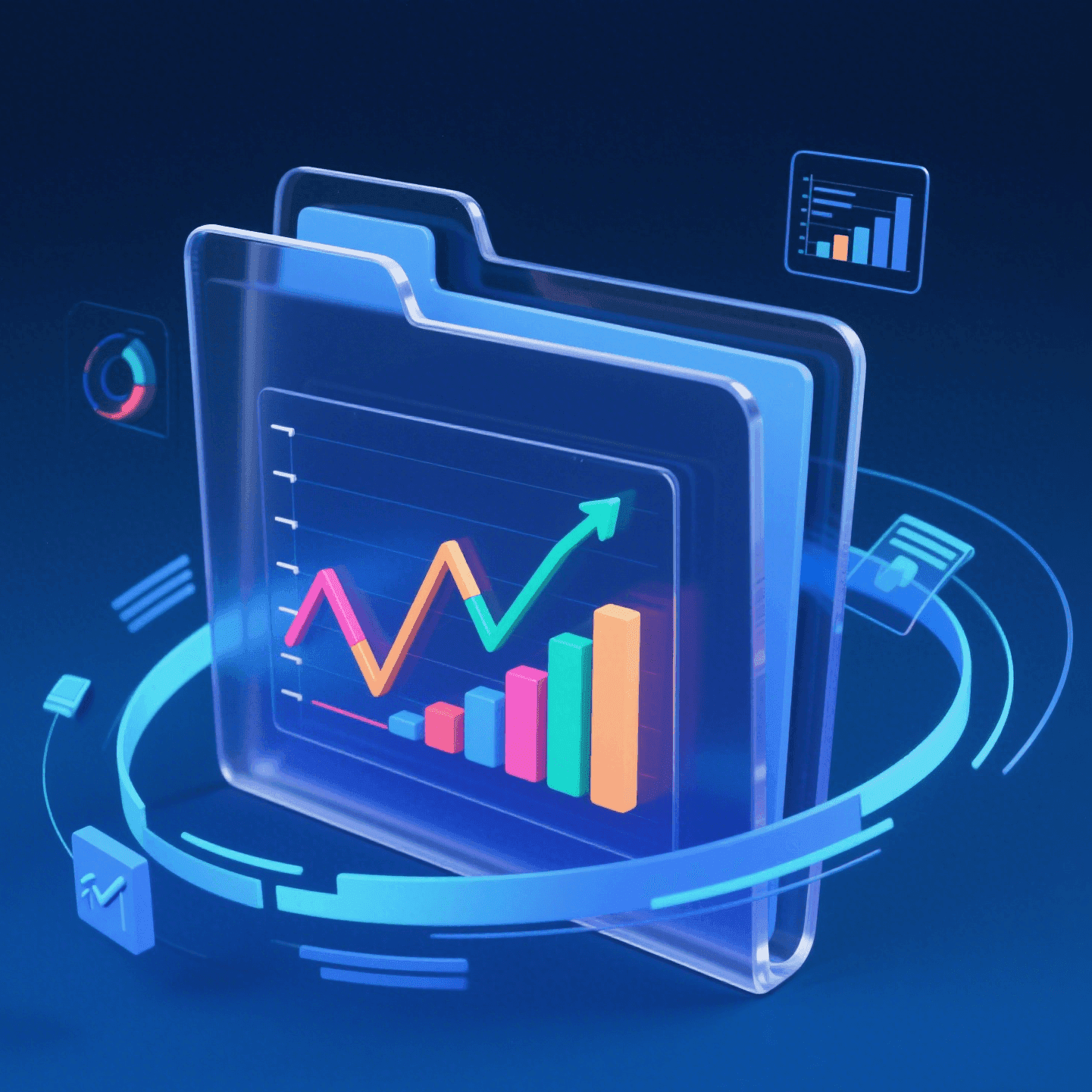
特朗普推特舆情 - 股市影响分析
使用 Bika.ai 集成 ToolSDK.ai,自动抓取特朗普最近推文并生成结构化股市分析报告。每日追踪舆情、评估其对美股与概念股的短期波动和长期趋势影响,包含风险预警与投资建议,支持自动执行与历史存档。

商品目录
使用 Bika.ai 商品目录模板,高效管理产品和供应商信息。支持记录产品分类、材质、价格、库存及供应商联系方式,适合销售、采购及运营团队统一管理商品和供应链。